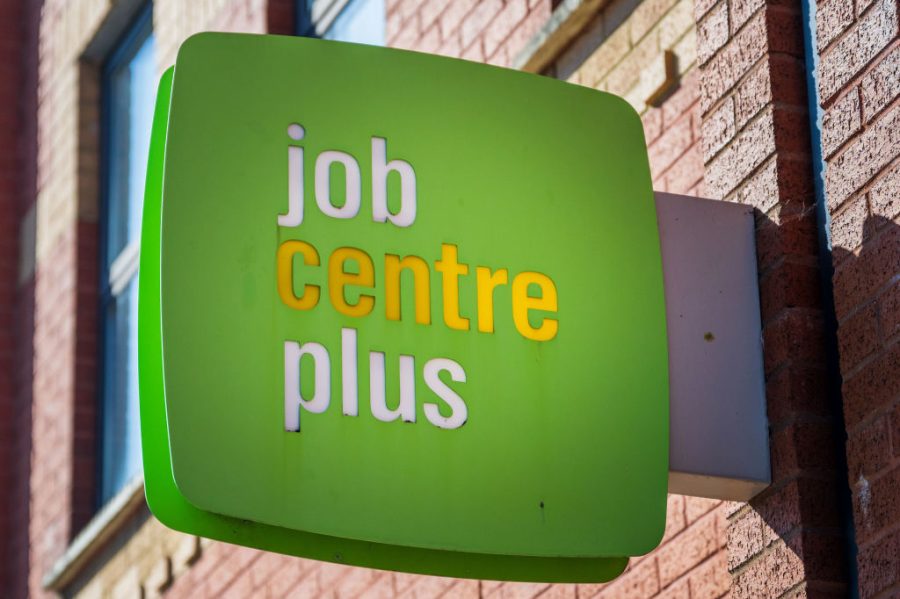When the history of the next election comes to be written, we may end up asking: was the turning point for its outcome the moment that Keir Starmer’s government backtracked on its welfare reforms in the face of a backbench revolt? The fiasco, which eliminated the government’s hopes of saving £5 billion a year, has made any welfare reform during the current Parliament impossible.
Britain has become the benefits office of the world
The cost of that is becoming more evident by the day. Figures revealed this morning show that there are currently 3.6 million people receiving Universal Credit who are under no obligation whatsoever to look for work. They have been effectively written off as unemployable and will be in receipt of benefits for the remainder of their working-age lives. That is nearly half the total of 7.9 million people on Universal Credit.
What’s more, 1.26 million claimants of Universal Credit are non-UK citizens. It is hard to imagine a more powerful form of recruitment for Reform UK. As Nigel Farage put it this morning, ‘These figures go completely against the lie we have been told for 25 years that all immigration is positive because they work and contribute to society.’ Britain, to use a phrase that is steadily gaining political traction, has become the benefits office of the world.
The case for mass migration relies on the assertion that it is helping to staff our hospitals, care homes and other places of employment which are desperately short of staff. There is a lot of truth in this, although it is undermined by today’s figures. There is also the idealist Statue of Liberty argument: the idea that the rest of the world is sending us its huddled masses who, given a chance, will turn out to be full of entrepreneurs who will found and build new businesses.
It is a lovely idea. The trouble is that 2020s Britain is not 1880s America – the decade in which the Statue of Liberty was built. The big difference is that modern Britain incorporates a huge welfare state, and a non-contributory one at that. You don’t have to build up entitlements to benefits over a number of years – you can arrive in Britain one day and be in receipt of benefits the next.
This was the issue, indeed, on which David Cameron’s pre-referendum negotiations to reset Britain’s relations with the EU fell down. The EU refused to compromise on free movement, beyond a few token gestures, and David Cameron refused to countenance the wholesale redesign of Britain’s benefits system to make it harder for migrants to claim benefits. The result was that Britain voted for Brexit, partly in the expectation that migration would be slashed.
But it didn’t happen. On the contrary, migration surged. What’s more, the move to Universal Credit has fuelled the growth in the number of people who are paid out-of-work benefits but are not required to look for work. The pandemic played a role in this, in that it meant fewer Work Capability Assessments were carried out face-to-face. Yet the growth in people not required to look for work began a couple of years before Covid, and has continued to grow ever since.
Labour’s failure to reform welfare ought to benefit the Conservatives, yet Universal Credit was very much their baby. Moreover, it was under their government that migration as well as the number of people on out-of-work benefits began to surge. That is a very big problem for them. Reform UK, on the other hand, has no baggage such as failed welfare policy.
No country with a benefits system as generous and as extensive as Britain’s can afford an open borders policy; that much should be obvious. A country of 34 million workers cannot support the virtually limitless numbers of people around the globe who could potentially claim UK benefits. Just as the Leave campaign won the Brexit referendum on the back of a few simple messages, Reform UK is more than capable of winning the next election by continuing to drum into the public that Britain’s benefits system, and in particular the number of migrants who are living off it, is unsustainbale.








Comments